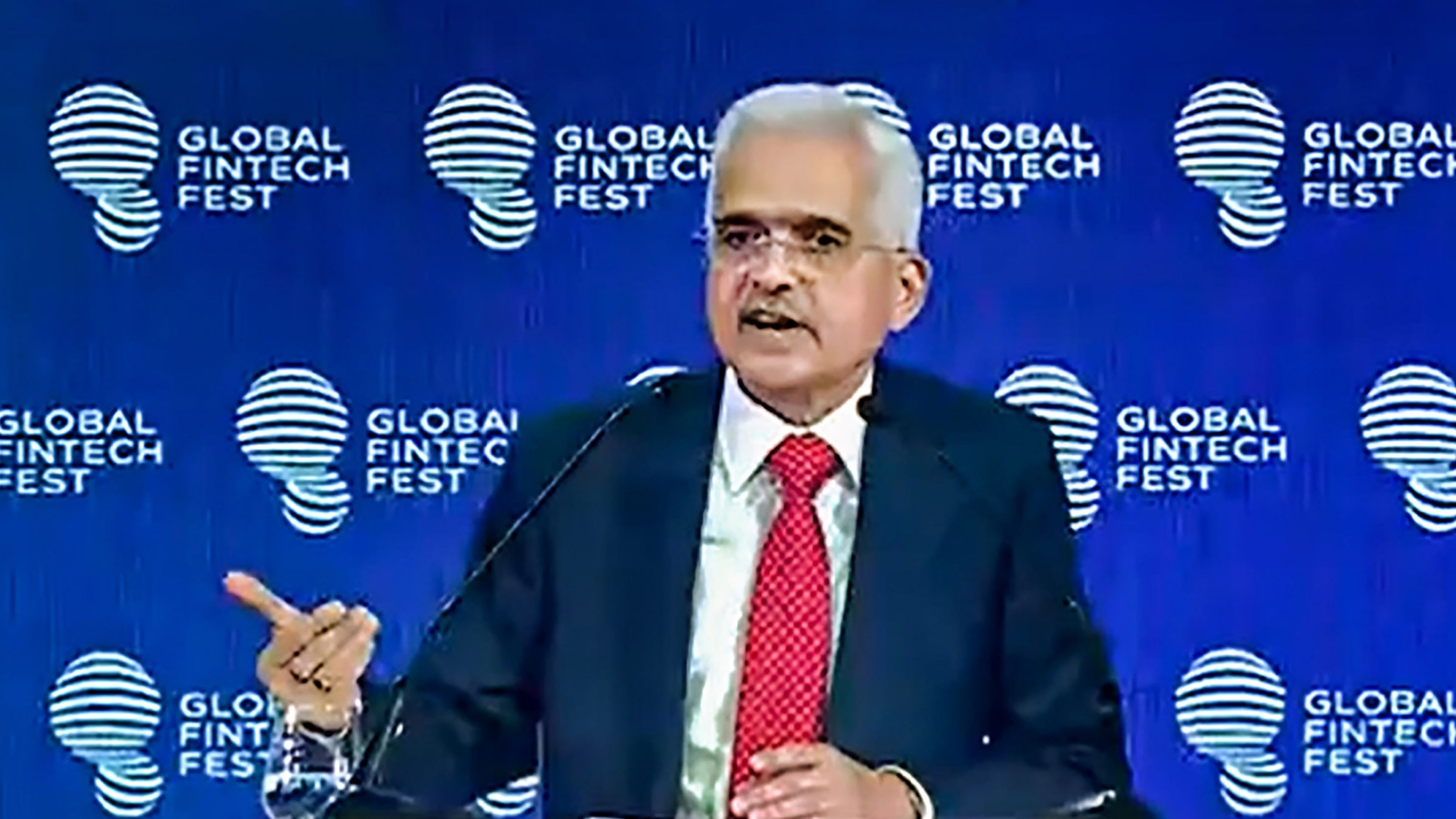
New Delhi: RBI Governor Shaktikanta Das.
Credit: PTI Photo
The Reserve Bank of India (RBI) Governor Shaktikanta Das on Wednesday asked financial technology companies (FinTechs) to establish a self-regulatory system and proactively adopt high standards of governance.
“They (FinTechs) need to evolve industry best practices, privacy and data protection norms in sync with the laws of the land, set standards to avoid mis-selling, promote ethical business practices, transparency of pricing, etc,” Das said while addressing the Global Fintech Festival in Mumbai.
“I would like to use this opportunity to urge and encourage the FinTechs to establish a Self-Regulatory Organisation (SRO) themselves,” he added.
Currently, there is no specific regulation for FinTechs in India. The RBI had earlier announced that it would bring regulations for the FinTech companies after consultation with the industry.
Das on the one hand noted that FinTech players should themselves ensure responsible digital innovations, on the other hand he said, “The Reserve Bank, on its part, will continue to drive the necessary regulatory and other policy measures to promote a vibrant and responsive FinTech ecosystem.”
On the growth of the FinTech sector, Das said the Indian FinTech industry is projected to generate around $200 billion in revenue by the year 2030, which will be around 13% of the industry's total global revenue.
On digital rupee, the governor said, the RBI is planning to test some more use cases in the wholesale pilot of central bank digital currency (CBDC).
The wholesale pilot of CBDC was launched on November 1, 2022, to settle secondary market transactions in government securities. The CBDC-Retail Pilot was launched on December 1, 2022 and covers both Person to Person (P2P) and Person to Merchant (P2M) transactions. The pilot is currently being operated through 13 banks across 26 cities.
Around 14.6 lakh users and 3.1 lakh merchants are currently part of the pilot as on August 31, 2023, Das said.
“As the next generation currency system, CBDC needs to be introduced in a non-disruptive manner. Therefore, we are following a strategy of calibrated and phased implementation,” he said.
"Recently, we have enabled full inter-operability of CBDC with UPI QR codes and are targeting one million CBDC transactions per day by December 2023. This will give us enough data points to study various design choices, use cases and also behavioural patterns," he added.